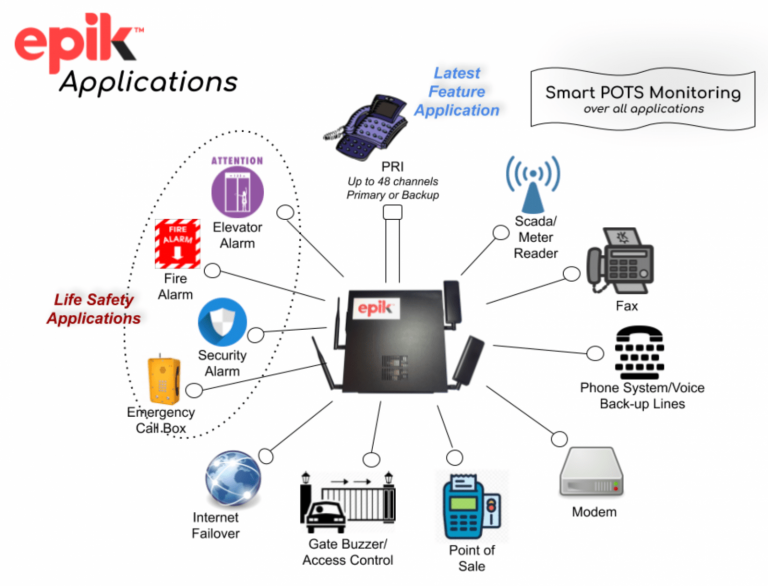In the next couple of years, AT&T and Verizon plan to begin sunsetting their analog telephone service. They’ll support only digital communications, and fiber will replace copper. This affects far more than a few rural, residential landlines, too.
This change is a big one, and it has longstanding implications for major organizations like credit unions. In fact, your credit union should have a plan for updating analog telecom with digital channels. The time is coming soon.
In this blog, we’ll briefly discuss the scope of this telecom modernization. Then, we’ll introduce the cheapest and easiest way to manage this conversion.
What the End of Copper Telecom Means
Mobile phones started getting popular decades ago. They provided a convenient, wireless way to communicate. That trend toward digital phones has continued and accelerated since. Today, wired phones are a rarity.
Consequently, the demand for copper line service and support has decreased. The cost for plain old telephone service (POTS) has increased astronomically.
POTS lines have become financially untenable for both carriers and consumers.
However, businesses rely on copper lines for more than just phone service. They also use life safety alarms like fire and burglar, plus faxes, elevators, and point of sale devices. Any enterprise-level digital to analog update must do more than convert POTS to VoIP.
POTS to VoIP and More
Removing copper telecom infrastructure takes time and money. Plus, replacing it with fiber costs more time and money. The capital expenditure (CapEx) for such a conversion is extremely high (though certainly not without merit).
However, it’s also not entirely necessary. The Epik box, on the Verizon network, converts analog equipment into digital gear. Essentially, copper infrastructure provides digital signals.
Keeping existing copper lines drastically reduces CapEx. And moving to digital lines significantly reduces operating expenses (OpEx) as well. Actually, with the Epik box, the average price per line is cut by around 40%.
Beyond lowering CapEx and OpEx for POTS to VoIP conversion, Epik brings more function to the table:
- The Epik box provides battery failover and 4G LTE connection when the power or internet go out. This also simplifies disaster recovery.
- Epik meets National Fire Safety Association and Universal Lab for fire alarm panels and HIPAA for secured fax. For credit unions concerned about information security, the Epik box is very safe.
- Epik does more than convert POTS to VoIP. It converts all analog telecom to digital infrastructure.
The Epik box has no cost of installation and lowered OpEx, making it a financially prudent option. But more importantly, it primes any credit union for digital transformation.
Although digital transformation has been something of a buzzword, it’s taken on renewed urgency. Unified communications are a major component of remote work. The economy is projected to contract—probably significantly, and for a while. And no new technology or devices are about to run on copper lines… to succeed in the future, credit unions must use the networks of the future.
Additional Reading
Copper-based telecom infrastructure is going away. AT&T and Verizon are already discontinuing analog service in many states. The pace of sunsetting may slow during the pandemic, but…
The need for digital communications is increasing to compensate.
Converting analog to digital, POTS to VoIP, saves anywhere from 20–60% per line. But there’s a lot more to it than cost savings. It will protect your bottom line while accelerating your future.
Does your credit union run on a POTS network? Are you worried about the high cost and disappearing support for it?
If you answered “yes” to either question, then fill out the form below and learn how to save 20–60% on your telecom costs by converting your copper lines to digital infrastructure.
Wanna read more of our blog? Click the links below!
Replacement Strategies for Copper Telephone Service (POTS Sunset)




